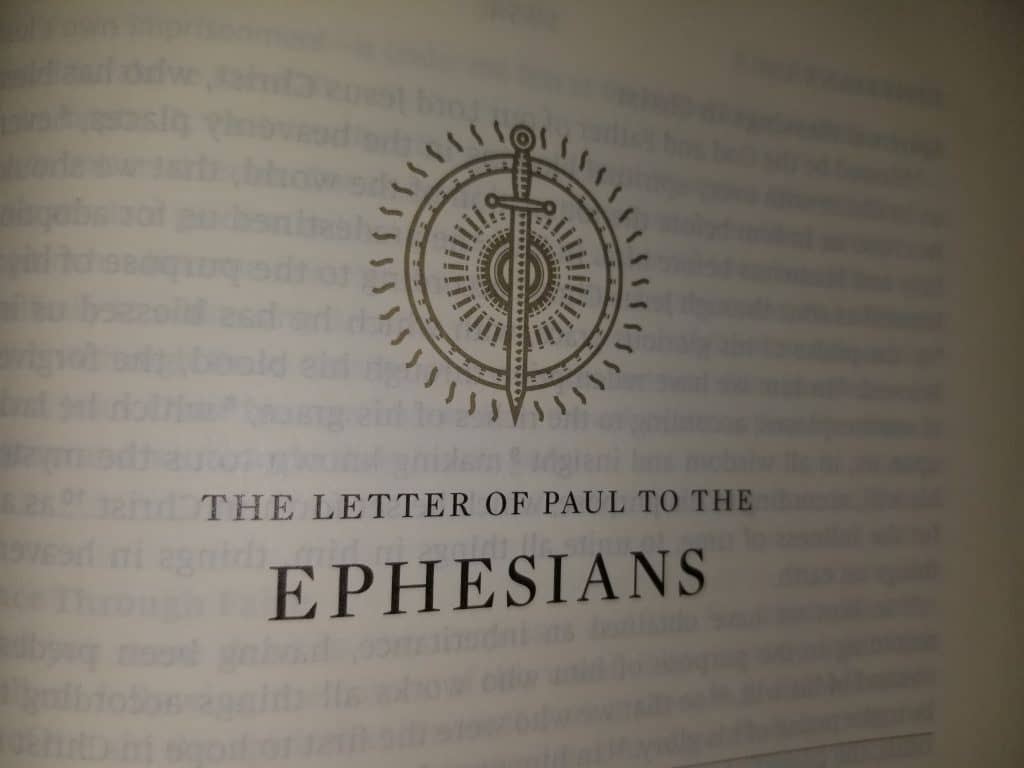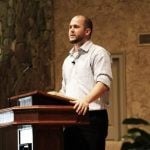⏱️ Estimated Reading Time: 4 min read
Ephesians 5:15-16, “Look carefully then how you walk, not as unwise but as wise, making the best use of the time, because the days are evil.”
Paul begins Ephesians 4 with an appeal to “walk in a manner worthy of the calling to which you have been called.” He spends much of the rest to the letter teaching what this looks like. Those who have been called and adopted into the family of God (Ephesians 1:3-5) should live distinctly from the world. Being set apart, the people of God should live for the glory of the King instead of our own selfish desires. We are to be imitators of God who walk in love (Ephesians 5:1-2), putting away the desires of the flesh and the “unfruitful works of darkness” (Ephesians 5:3-11).
Ephesians 5:15 begins with an exhortation to be careful about how we live. The disciplined Christian life doesn’t happen flippantly or accidentally, one must strive to grow in godliness and walk after the Spirit. The use of the word “careful” shows the intentionality with which we should live our lives. In every thought, action, and motive, we are to carefully consider how it might bring glory or disrepute upon Christ.
What does it mean to walk carefully? Paul provides three “not…but” clauses to help illustrate. The first, in Ephesians 5:15, is to walk “not as unwise but as wise.” The second, in Ephesians 5:17, the encouragement is “not be foolish, but understand what the will of the Lord is.” The third, Ephesians 5:18, is “do not get drunk with wine, but filled with the Spirit.”
Walk in Wisdom
Proverbs teaches that wisdom is about having knowledge and walking in the truth of such knowledge. We are typically well aware of the possibility that one can have an intellectual knowledge that doesn’t transform our heart and will. Such “knowledge” simply puffs up and is not biblical wisdom. Instead, biblical wisdom takes knowledge and instructions and applies it, or to use the language of Ephesians, walks in it. Martyn Lloyd-Jones provides a helpful illustration from medical school: “I remember a man once who did very well in his medical examinations, he used to learn his textbooks by heart, but when you put a patient in front of him he could not do anything, he could not apply his knowledge. In other words, he lacked wisdom.”
One aspect of walking as the wise mentioned in this passage is time management. Those who are wise “make the best use of the time.” Knowing the days are evil, we should make the most of every opportunity to display God’s greatness to a fallen world. No matter who you are, we all have the exact same amount of time, and we’ve been called to steward our time wisely. This doesn’t mean that we have to be busybodies who find value in our work, but rather we see every moment and every interaction as a potential opportunity to testify about Christ.
In the book of Acts, when the disciples were arrested and thrown in jail, they weren’t mopey or frustrated, they didn’t spend all their time complaining about their rights being violated, they simply praised God and ministered to the guards and fellow prisoners. Such example is convicting. The other day I was forced to change my schedule slightly, and the inconvenience of it frustrated me and was my excuse for being short with others. I was living like a virtual atheist. Instead, I should see that type of change as an opportunity to trust God and potentially minister to someone I wasn’t expecting to see that day.
The truth is, we all lack wisdom. The great promise of the Bible is that if we lack wisdom, we can ask him in faith, and it will be given to us (James 1:5). Soak in the knowledge and wisdom of God through his word each day, and pray for the Spirit to work in you both to will and to work for his good pleasure. As God’s chosen people, may we reflect the glory of God as we walk carefully and in wisdom, knowing the days are evil.




